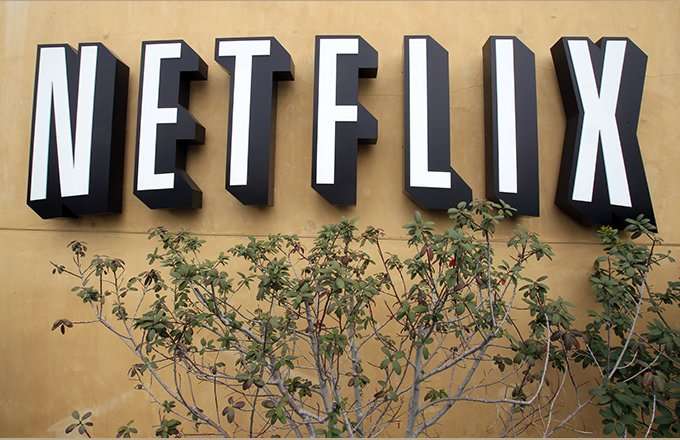Netflix, Inc. (NFLX) is one of the largest providers of streaming television and movie content on the Internet. As of the first quarter of 2017, Netflix has just shy of 99 million subscribers. It added 5 million subscriber's in this year's first quarter making it the leading streaming service. The company is currently leading the charge over competitors such as Hulu and Amazon Prime Instant Video.
While other streaming services implement a combination of member subscriptions and the sale of advertising space to outside companies, Netflix stands out from the crowd in its approach toward generating revenue. The company does not offer advertising space to marketers, nor does it offer differently priced tiers of content to subscribers. Rather, each Netflix customer pays a set monthly fee that allows access to exclusive and non-exclusive TV shows and movies for which the company has purchased licensing from the content owners. Fees collected from subscribers, coupled with the raising of capital through new debt issues, allow Netflix to purchase new and renew old licensing agreements for the content the company delivers to its users.
Here is an overview of Netflix's financials.
To keep subscribers satisfied with the number of choices available for streaming online, Netflix is constantly negotiating new licensing deals with TV shows, networks, and filmmakers. Licensing in the realm of online streaming content is defined as the process of obtaining permission from the owner of a TV show or movie to stream its content through a service such as Netflix. A licensing agreement is established under the terms of a legally binding contract between the content owners and Netflix, and each agreement varies based on the needs of the content owner and Netflix.
For instance, the owner of a TV show could agree to allow Netflix to stream all seasons of that show in full through its online platform for one, three or five years. The licensing agreement can be renegotiated after the set time period ends, or Netflix could drop the show from its library if viewer interest is not high enough to warrant the cost. A content owner may offer a similar deal on the same TV show to a competing streaming service, such as Hulu or Amazon Prime Instant Video, making the licensing agreement between each company and the owner nonexclusive. Licensing agreements that are not exclusive to a single streaming platform are less expensive to obtain.
As competition continues to saturate the streaming television and movie marketplace, content owners and streaming services recognize the importance of exclusive content to viewers. Under an exclusive licensing agreement, content is only available through a single streaming service such as Netflix for a set period or into perpetuity. Exclusive licensing agreements are far more expensive for Netflix than non-exclusive agreements, but they have the potential to bring in a greater number of subscribers over time.
Securing licensing agreements with TV networks, filmmakers, and other content owners is arguably the greatest expense for Netflix. For example, the company spent nearly $200 million in 2011 for access to Disney films and TV programming for a one-year period. The full series of "Lost" cost the company $45 million, "Scrubs" came in at $26 million and "Desperate Housewives" totaled $12 million for a single year. The growth of Internet-based television has made it more difficult to purchase licensing inexpensively, and the company's current content licensing budget reflects this truth. In a statement to shareholders in early 2015, Netflix revealed that its budget for obtaining new licensing deals and renewing expiring arrangements for exclusive and non-exclusive content would exceed $6 billion through 2018.
Netflix uses consumer data mining to determine which content viewers pay to see and relies heavily on this information to determine the total cost of each licensing agreement. According to Netflix officials, data is compiled to determine the expected hours of viewing each TV show or movie generates over the course of a licensing agreement, establishing a cost per hour viewed. It compares this metric to similar content arrangements, and it bases final pricing on exclusivity and the time frame of the contract.

Drexelhand on June 30th, 2017 at 19:47 UTC »
definitely over paid.
they could have gotten the full series of lost for $170 on amazon.
jimbajuice on June 30th, 2017 at 19:06 UTC »
Disclaimer from reading the article: these numbers are from 2011.
erythrasma on June 30th, 2017 at 16:54 UTC »
With those kinds of payments, why on Earth would networks NOT want to support Netflix. That's got to be, hands down, millions more than they would ever see from DVD sales during the same year. And it's paid up front for the whole year, regardless of whether or not Netflix users watch it.